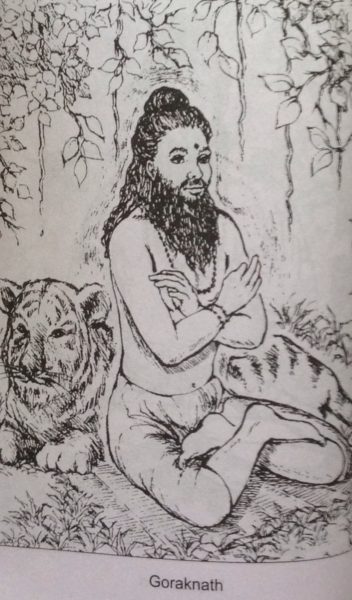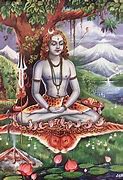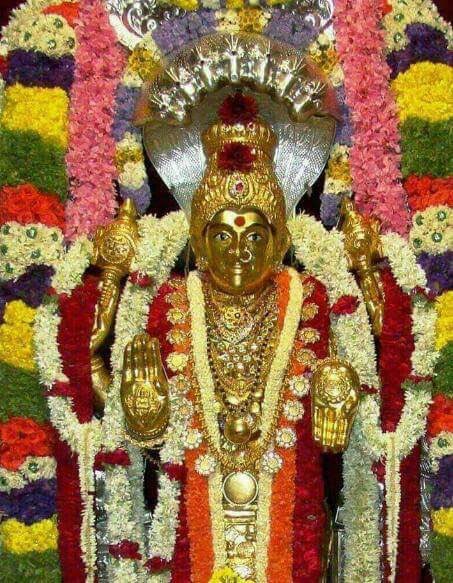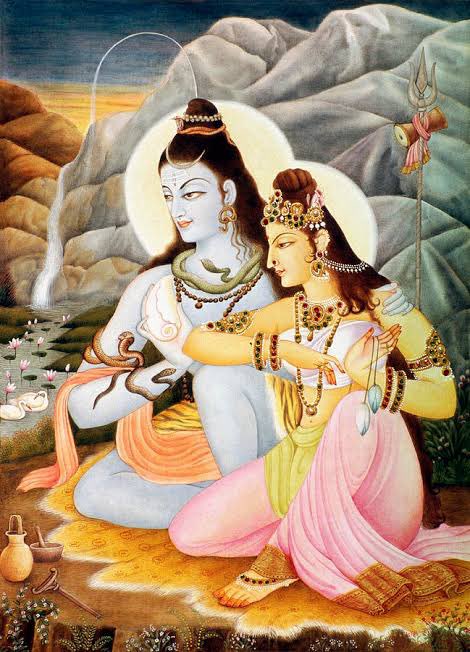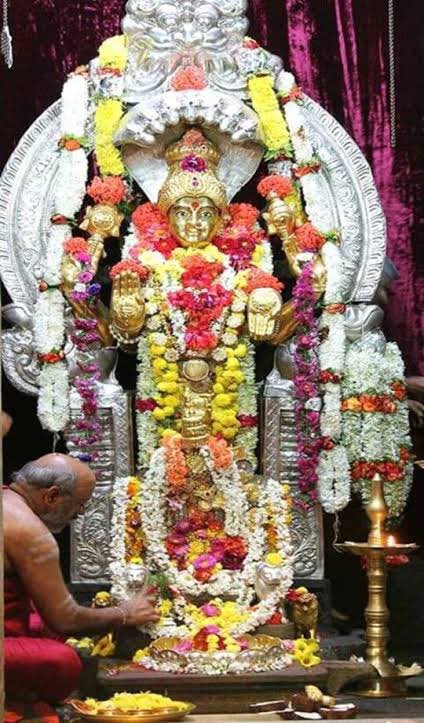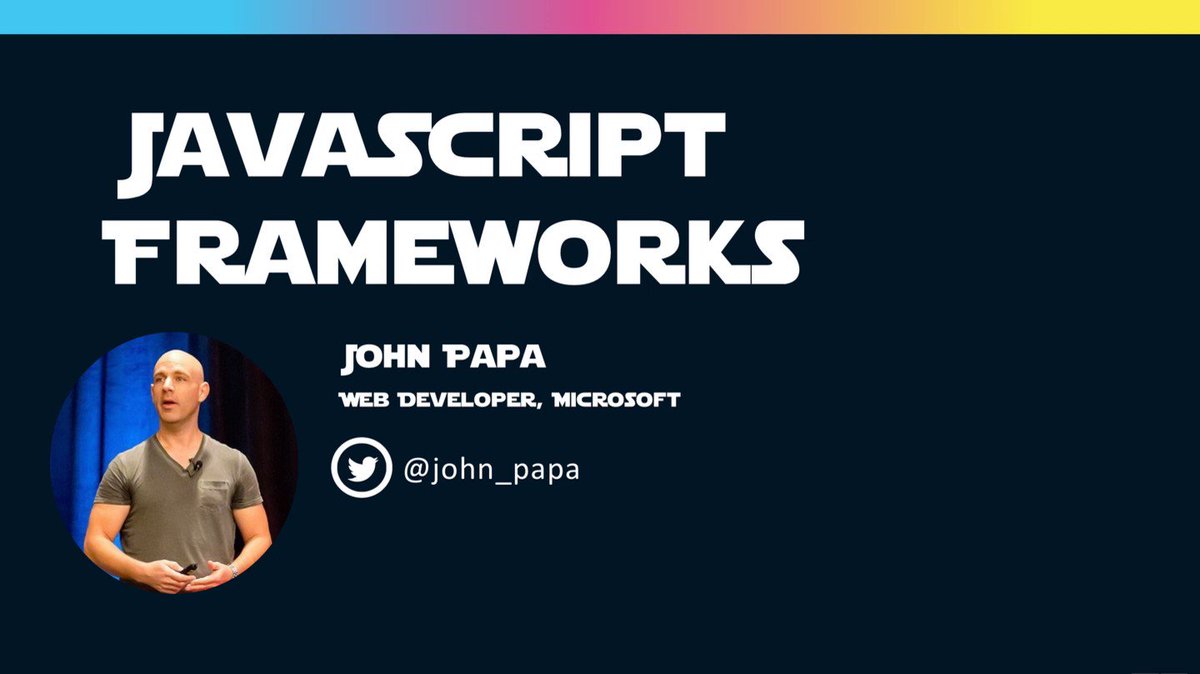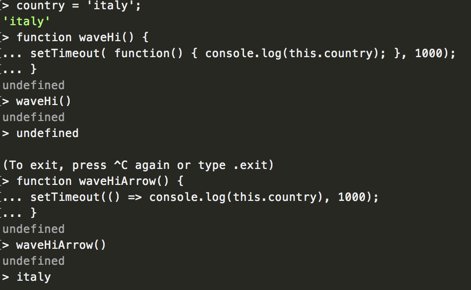Announcing the 2021 Summer Institutes in Computational Social Science. #SICSS is for grad students, post-docs & beginning faculty. Free for participants. @chris_bail and I are happy to tell you about all 20 locations. https://t.co/wolhtZIMc5 [thread]

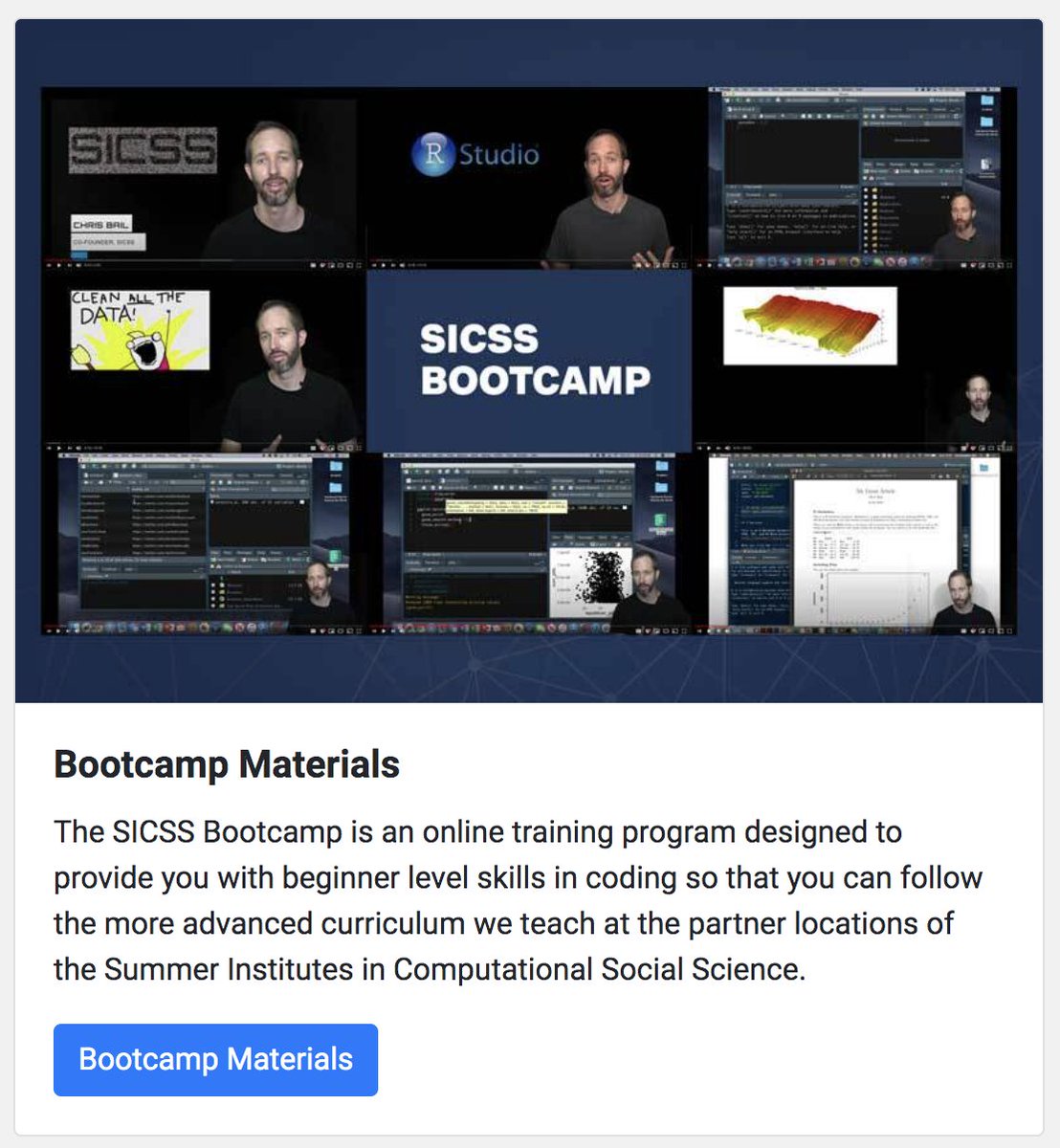
More from Science
Read this thread from @lilithsaintcrow. I really mean it. Just read it. Because if what she is saying is true (and I happen to think it is) it explains *so much*
An example using the Flat Earthers: A thread of many parts:
I'm firmly convinced that the flat Earth thing was started by some adolescent trolls with nothing more productive to do. They didn't believe it, but they thought it was entertaining to keep pretending that they did.
You can't engage with them, because they *are playing a game*. They think it's fun to see if they can get anybody to engage with something completely stupid as though it's true.
If you challenge them, the rules of the game state that they have to argue as hard and a spuriously as they like, but *never* to admit that the Earth is not in fact flat. I suppose you have to make up your own entertainment on 4chan or whatever hole this was conceived in.
It's annoying as hell, but I suppose it doesn't do much harm.. except to folks like this:
An example using the Flat Earthers: A thread of many parts:
Let me explain something to those of you who didn't grow up around violently abusive white supremacists.
— Lili Saintcrow (@lilithsaintcrow) January 7, 2021
*They absolutely do not believe their own bullshit*, but it's useful for them to pretend they do.
I'm firmly convinced that the flat Earth thing was started by some adolescent trolls with nothing more productive to do. They didn't believe it, but they thought it was entertaining to keep pretending that they did.
You can't engage with them, because they *are playing a game*. They think it's fun to see if they can get anybody to engage with something completely stupid as though it's true.
If you challenge them, the rules of the game state that they have to argue as hard and a spuriously as they like, but *never* to admit that the Earth is not in fact flat. I suppose you have to make up your own entertainment on 4chan or whatever hole this was conceived in.
It's annoying as hell, but I suppose it doesn't do much harm.. except to folks like this:
You May Also Like
First thread of the year because I have time during MCO. As requested, a thread on the gods and spirits of Malay folk religion. Some are indigenous, some are of Indian origin, some have Islamic
Before I begin, it might be worth explaining the Malay conception of the spirit world. At its deepest level, Malay religious belief is animist. All living beings and even certain objects are said to have a soul. Natural phenomena are either controlled by or personified as spirits
Although these beings had to be respected, not all of them were powerful enough to be considered gods. Offerings would be made to the spirits that had greater influence on human life. Spells and incantations would invoke their
Two known examples of such elemental spirits that had god-like status are Raja Angin (king of the wind) and Mambang Tali Arus (spirit of river currents). There were undoubtedly many more which have been lost to time
Contact with ancient India brought the influence of Hinduism and Buddhism to SEA. What we now call Hinduism similarly developed in India out of native animism and the more formal Vedic tradition. This can be seen in the multitude of sacred animals and location-specific Hindu gods
i wonder if you can make a thread bout witchcraft in malaysia.. or list of our own local gods/deites..
— r a y a \U0001f319 (@lcvelylilith) February 20, 2020
Before I begin, it might be worth explaining the Malay conception of the spirit world. At its deepest level, Malay religious belief is animist. All living beings and even certain objects are said to have a soul. Natural phenomena are either controlled by or personified as spirits
Although these beings had to be respected, not all of them were powerful enough to be considered gods. Offerings would be made to the spirits that had greater influence on human life. Spells and incantations would invoke their
Animist ceremonies of a religious or magical nature were normally held for the purpose of divination or making a request. This would either be done at a keramat or at a shrine similar to the Thai spirit houses or Chinese roadside shrines pic.twitter.com/I1hliyi0x3
— \u2745\u1710\u170b\u1713\u170e (@uglyluhan) June 16, 2019
Two known examples of such elemental spirits that had god-like status are Raja Angin (king of the wind) and Mambang Tali Arus (spirit of river currents). There were undoubtedly many more which have been lost to time
Contact with ancient India brought the influence of Hinduism and Buddhism to SEA. What we now call Hinduism similarly developed in India out of native animism and the more formal Vedic tradition. This can be seen in the multitude of sacred animals and location-specific Hindu gods








